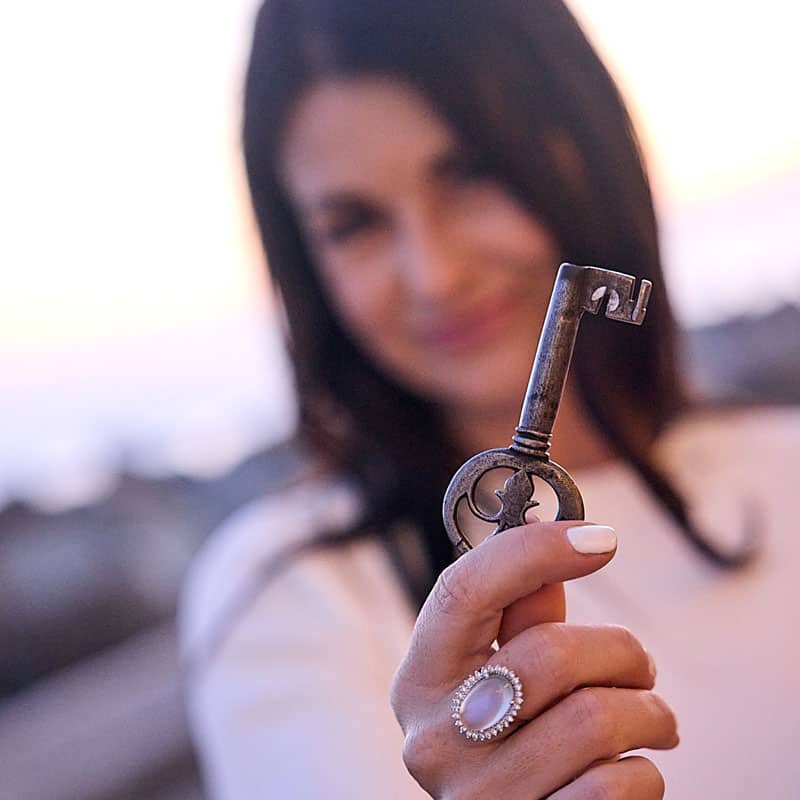3 Ways to Make a Relationship Break More Effective
Romantic relationships can be very difficult to sustain over time. This leads some couples to separate as they contemplate how to move forward.
When couples don’t want to officially get divorced or break up but have significant unresolved issues that are causing distress and pain in the relationship, some choose to separate or go “on a break.” Common reasons for separation (and eventual divorce, in the case of married couples) include infidelity, domestic violence, perceived differences in values, communication difficulties, parenting disagreements, and financial struggles (Hawins, Willoughby, & Doherty, 2012; Scott et al., 2014).
The goal of a separation is usually to take some time to process the issue apart because efforts to resolve the issue together have not been effective, often resulting in fighting, emotional distancing, and tension.
Whether going on a break is helpful or not really depends on the couple. If you’re considering separation, here are 3 ways to make it more effective.
1. Clearly communicate your intention. To make a separation effective, it’s crucial to honestly talk about the overarching purpose of the break. Be clear about why you are taking a break. For example, is the goal to learn about what each person wants/needs to move forward? To get over a perceived violation? To learn some skills to communicate more effectively? To focus on healing as an individual before trying to heal as a couple?
Being clear about the purpose of the separation is helpful in reminding yourself and your partner why you are separated during the tough times.
2. Set clear boundaries. It’s essential to establish clear expectations on behavior and communication during the separation. For example, are you going to communicate? How often? About what? What is the expectation for dating other people? How much distance do you want from your partner?
The more detailed and transparent each person can be about their needs and desires, the easier it will be to navigate. Setting clear expectations about how long you want the separation to last (e.g., 1-6 months is pretty common); how much and when you want to communicate (e.g., daily check-in over text or phone at a specified time; meeting in person once a week; meeting with a couples therapist once a week); and, how you intend to handle outside relationships (with explicit information about dating or sleeping with other people) will help make the experience safe and trustworthy.
3. Respect your partner’s process. Under the best circumstances, both people agree to take a break out of love and respect for the relationship. They recognize that the relationship is suffering from something that is not effectively being resolved using current methods and have the intention of working on the issue(s) at hand while they’re apart.
You may not fully understand your partner or what they need to do to determine how to move forward, but striving to be kind, empathic, and compassionate will help along the way.
The naked truth is this: Whether a separation leads to getting back together or splitting for good depends highly on the couple. If the break is approached with honesty, transparency, and good intentions, the information learned will likely lead to a clear answer.
Whether that answer is to stay together or move apart depends on what is learned. That said, if done well, a break can lead both people in the partnership to a better life independent of the outcome. It is also more likely that each person in the couple will retain some positive feelings and respect for the other if the break is handled maturely.
Copyright Cortney S. Warren, Ph.D., ABPP
Note: This content is only for informational and educational purposes and should not be considered therapy or any form of treatment. I cannot respond to personal requests for advice over the internet. Best on your continued journey.
Image Source: Prostock-studio/Shutterstock
TO READ MORE OF DR. CORTNEY'S WORK, SUBSCRIBE TO HER BLOG
Safe subscribe. You will have the opportunity to opt-out with every notice we send.


